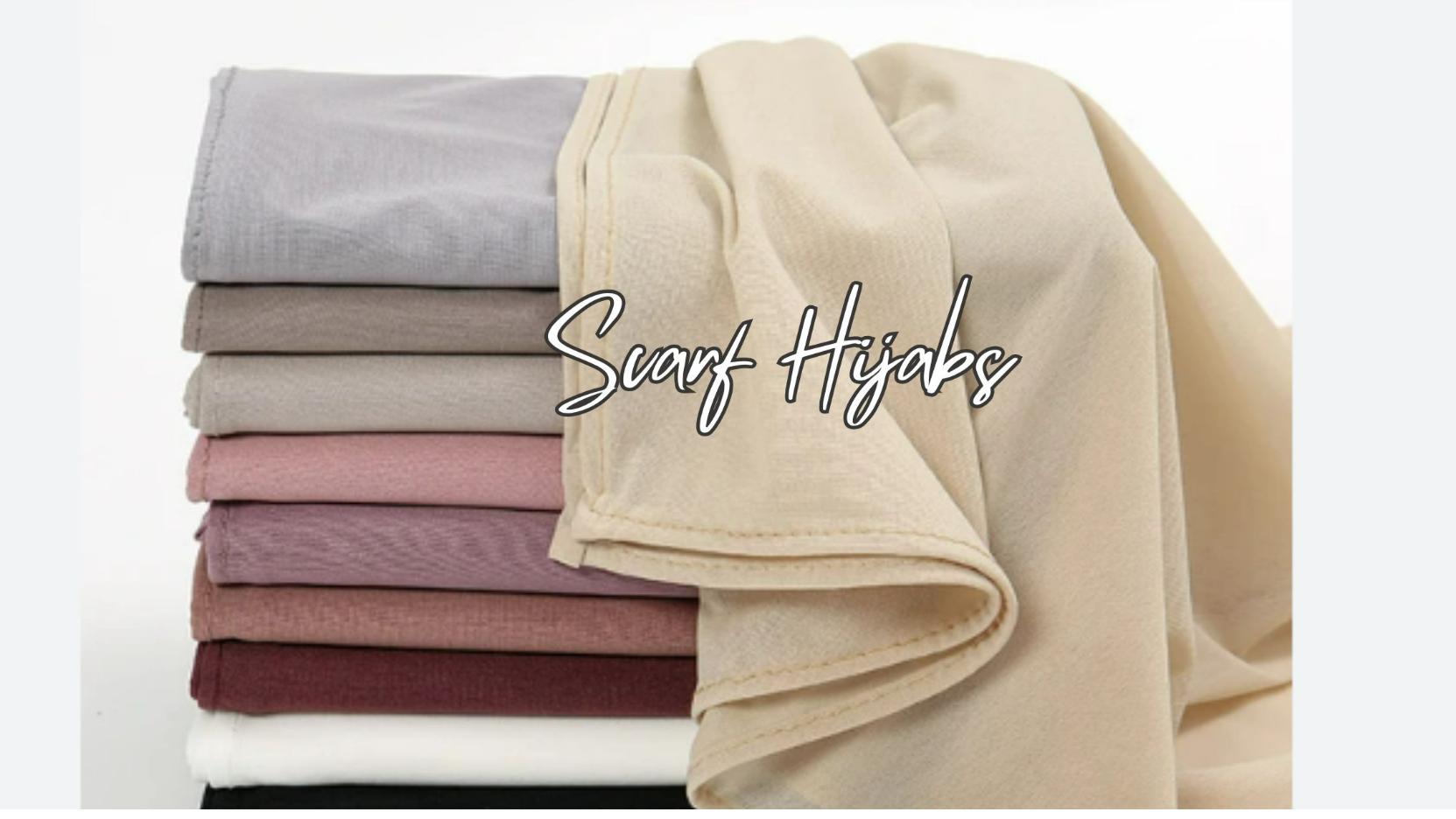
Scarf Hijab in Pakistan:
A Cultural and Fashionable Symbol of Identity
The scarf hijab, often simply referred to as a “scarf” or “hijab,” holds a prominent place in the cultural, religious, and fashion landscape of Pakistan. As a symbol of modesty and identity, the scarf hijab is more than just a piece of cloth; it is an expression of faith, cultural heritage, and personal style for millions of Pakistani women.
Cultural Significance
In Pakistan, the hijab has deep roots in Islamic traditions, representing a commitment to modesty as prescribed by Islamic teachings. While the exact style and manner of wearing the hijab can vary, the underlying principle remains the same: it is worn as an act of piety and respect for Islamic values. In Pakistani society, where Islamic culture is interwoven with daily life, the hijab is widely recognized as a marker of religious identity.
The wearing of the hijab in Pakistan also reflects a sense of cultural pride. For many women, it is a way to honor their heritage and maintain a connection to traditional values in a rapidly modernizing world. In regions where conservative norms prevail, such as in the northern areas and rural communities, the hijab is not just a personal choice but a community expectation, emphasizing collective adherence to religious and cultural norms.
Evolution in Fashion
While the scarf hijab’s religious significance remains constant, its role in fashion has evolved dramatically over the years. In urban centers like Karachi, Lahore, and Islamabad, the hijab has become an essential element of contemporary fashion. Women are increasingly experimenting with different styles, colors, and fabrics, blending traditional modesty with modern aesthetics.
The Pakistani fashion industry has embraced this trend, with designers creating hijabs that complement both casual and formal attire. From silk scarves with intricate embroidery to cotton hijabs with bold prints, the variety available today allows women to express their personal style while adhering to their religious beliefs. Social media platforms have also played a significant role in popularizing different hijab styles, with influencers and fashion bloggers showcasing innovative ways to wear the hijab that resonate with the younger generation.
Hijab as a Statement of Empowerment
In Pakistan, the hijab is also viewed by many as a symbol of empowerment. For some women, choosing to wear the hijab is a statement of autonomy and control over their own bodies. In a world where women’s attire is often scrutinized, the decision to wear the hijab is seen as reclaiming the right to define one’s own identity.
Moreover, the scarf hijab has allowed women to engage in public life while maintaining their modesty. Whether in education, business, politics, or the arts, Pakistani women who wear the hijab are increasingly visible in leadership roles. This visibility challenges stereotypes and demonstrates that the hijab is not a barrier to achievement but a facet of a diverse and dynamic identity.
Challenges and Perceptions
Despite its widespread acceptance, the scarf hijab in Pakistan is not without its challenges. There is an ongoing debate about the pressure to conform to traditional dress codes, particularly in more conservative areas. Some women feel compelled to wear the hijab due to societal expectations rather than personal choice, leading to discussions about individual freedom and the right to choose one’s attire.
Additionally, the hijab is sometimes misinterpreted by those outside the Muslim community as a symbol of oppression. However, many Pakistani women actively work to dispel this notion by highlighting the hijab as a symbol of dignity, respect, and empowerment.
Conclusion
The scarf hijab in Pakistan is a multifaceted symbol that encompasses religious devotion, cultural identity, and personal empowerment. Its significance varies from woman to woman, reflecting the diversity of experiences and beliefs within Pakistani society. As both a religious obligation and a fashion statement, the scarf hijab continues to be an integral part of the lives of many Pakistani women, embodying their values, aspirations, and identities in an ever-changing world. We at FKM Hijabs stock the best Hijab Online in Pakistan
